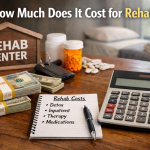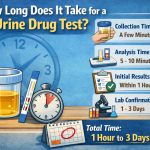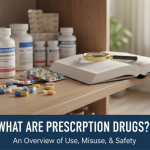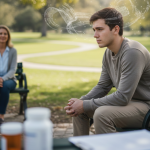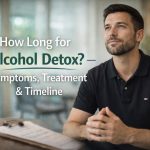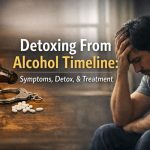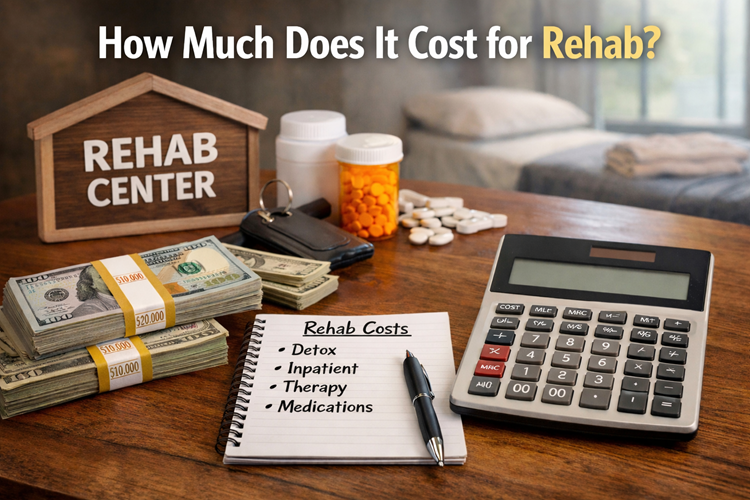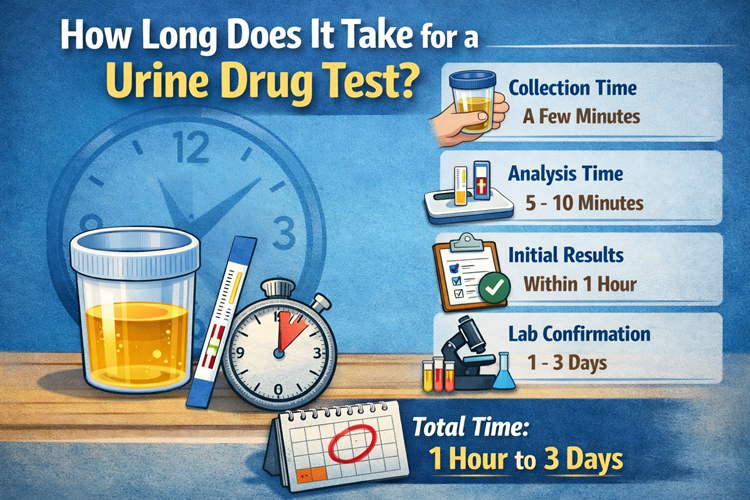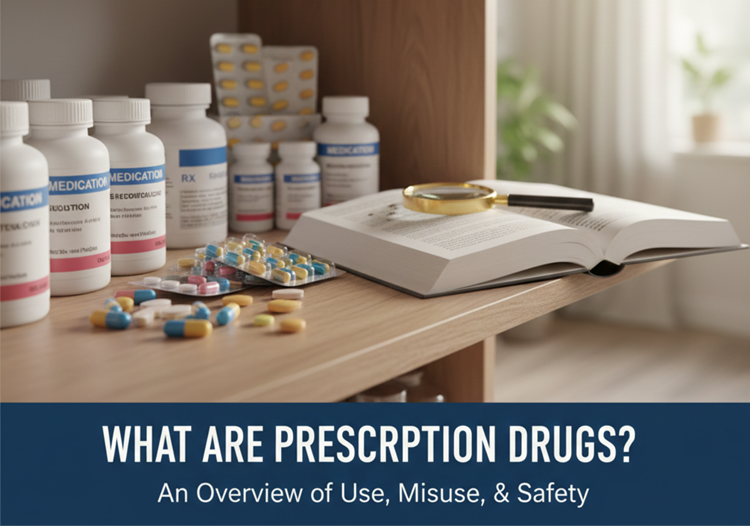Do you have drinking problem? The first step to the recovery process is the understanding of alcohol addiction and possible treatment options. Alcohol dependency can be overcome with the necessary support and medical treatment, and you will be able to come under your own control again.
The alcohol addiction treatment is a professional assistance that will be able to help you in the closest future; call Solutions Healthcare at the moment (386) 866-3600.
What is Alcohol Addiction?
Alcohol addiction or alcohol use disorder (AUD) is a persistent disorder when a person cannot control or quit drinking even though it has adverse effects on his or her life. It is not just about indulging in this type of consuming occasionally, but it may cause physical addiction, behavioral alterations, and extreme health effects.
The addictive nature of alcohol is not appreciated by many individuals. Then you may say, Will I become an alcoholic? The answer is yes. Alcohol activates the reward system of the brain causing cravings and encouragement of drinking behavior with time thus making it very addictive to some people.
What Are the Symptoms of Alcohol Use Disorder?
It is important to identify the symptoms of alcohol addiction in order to get an early intervention. The symptoms may be mild and severe including:
- Once addicted, cannot control the drinking.
- Feeling a need to drink or having the thoughts all the time.
- Failure to fulfill duties at work, in school, or at home.
- Unsteady, nauseating, or even anxious with the drink out of the way.
- Tolerance, an ability to consume more and more alcohol in order to achieve the desired effect.
- Influenced risky behavior.
The sooner these symptoms are recognized the higher the probability of successful treatment and recovery.
100% Confidential Support is Available 24/7
No matter what you’re going through, you’re not alone. Our dedicated team is here to provide a safe, judgment-free space where you can talk openly and honestly. Whether you need emotional support, resources, or just someone to listen.
We’re here for you—completely confidential and always respectful of your privacy. Call us today!
What Causes Alcohol Use Disorder?
It does not come out overnight that alcohol is addictive. Usually it is a combination of the following factors:
- Genetic predisposition or hereditary: The family history can be predisposing.
- Psychological factors: alcohol abuse may be either a result of depression or anxiety or trauma.
- Social factors: Drinking can be encouraged by peer influence, environmental or culture influence.
- Biological changes: The persistent use of alcohol has an effect on the brain chemistry, which strengthens the addiction.
Knowing such causes aids health providers in designing effective treatment plans to each patient.
Contact Solutions Healthcare
Battling with Drug and Alcohol Addition? Remember, you are not alone and we are here to help you!
How Can Alcohol Addiction Be Treated?
Alcohol addiction treatment is multifocal and individual. This is aimed at treating both behavioral and physical dependence of the disorder. The most effective methods are the following:
1. Detoxification (Medical Detox)
The initial step of treatment is detox. It entails the medically guided withdrawal in order to handle physical symptoms safely. To achieve alcohol detox, medications can be used to eliminate cravings, complications can be prevented, and withdrawal pains can be alleviated.
2. Inpatient or Residential Treatment
In the case of severe ones, an inpatient program is used that offers 24/7 care in a supportive setting. The patients are given therapy, medical care and support groups which enable them to concentrate on recovery.
3. Outpatient Programs
Outpatient programs enable participants to maintain their daily lifestyle but they come to attend regular therapy sessions. These programs provide counseling, behavior therapy and peer support thus recovery is flexible but structured.
4. Behavioral Therapies
CBT and Motivational Enhancement Therapy (MET) are treatment approaches that help patients to understand triggers and come up with coping methods and changing the drinking patterns.
5. Medication-Assisted Treatment (MAT)
Some FDA approved drugs have the ability to decrease cravings and relapse. Such medications as naltrexone, acamprosate, and disulfiram are usually used together with therapy to achieve maximum effectiveness.
6. Support Groups
Peer support, accountability, and guidance are the elements of long-term recovery, which are offered by such programs as Alcoholics Anonymous (AA) or SMART Recovery.
The two treatment strategies together would enhance the chances of permanent sobriety. Healing is nonlinear but through proper support, people can handle their lives back.

Conclusion
The addiction of alcohol is a severe and curable disorder. Being aware of alcohol addiction symptoms, its reasons, and seeking treatment is a critical milestone on the road to recovery. People will be able to surmount alcohol addiction and lead healthier and more satisfying lives with the appropriate mixture of medical attention, treatment, and assistance.
When you are finding it hard or just when someone you care about is, Solutions Healthcare is here to assist you. Treatment of alcohol addiction is available in your area today, call (386) 866-3600.
FAQs
1. How to quit alcohol addiction?
Ans.Cessation of alcohol can be achieved through medical detox and therapy, support groups and lifestyle modification. Professional advice adds a lot to the rate of success.
2. What is the best treatment for drinking?
Ans. Integration of behavioral therapy, medication-assisted treatment and needs-specific structured support is the most effective treatment.
3. What are the three ways of treating alcoholism?
- To overcome withdrawal, medical detox.
- Mental and emotional support behavioral therapy.
- The support groups and aftercare programs will be ongoing.
4. What is the most successful treatment for alcohol abuse?
Ans. The combination of therapy, medication and long-term support is deemed as the most successful approach.
5. What are the four treatments for alcoholism?
- Detoxification
- Rehab inpatient or outpatient.
- Behavioral therapy
- Medication-assisted treatment







